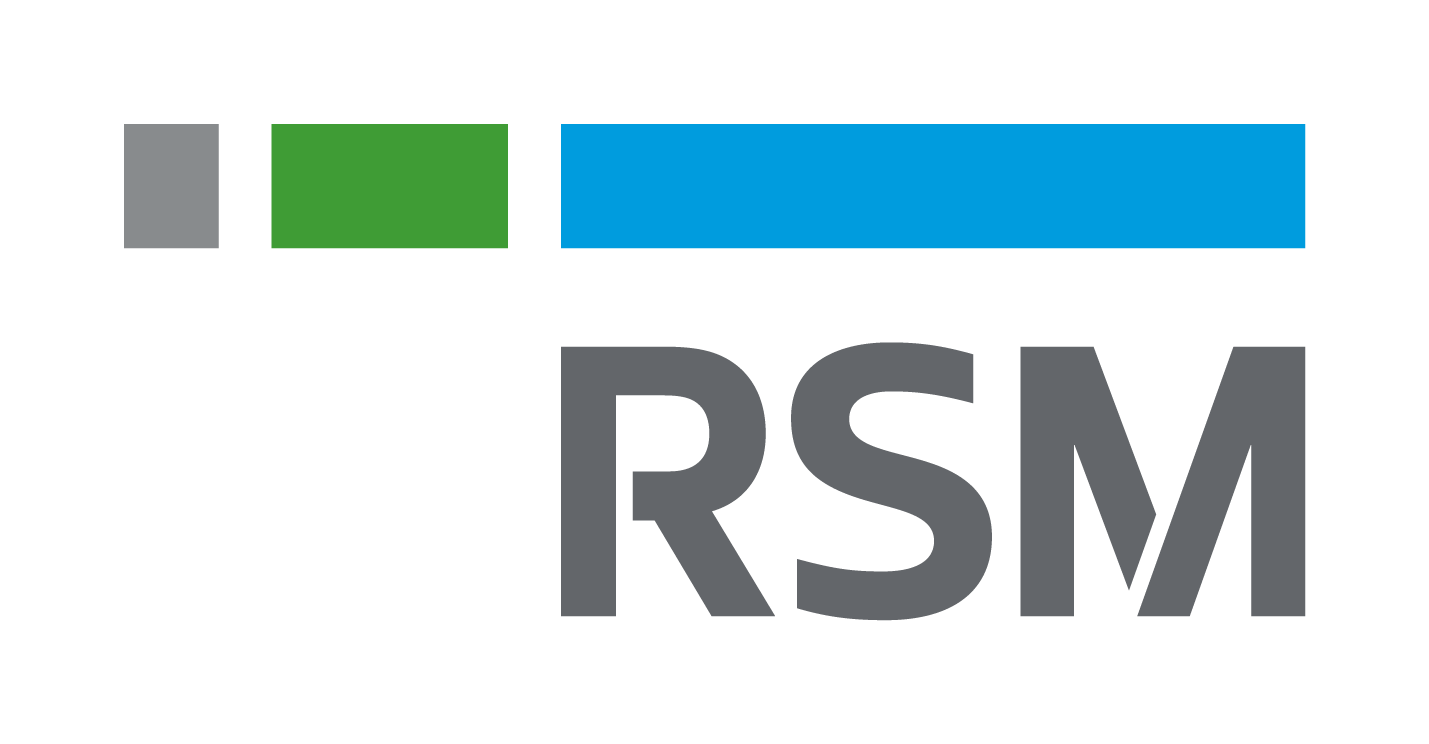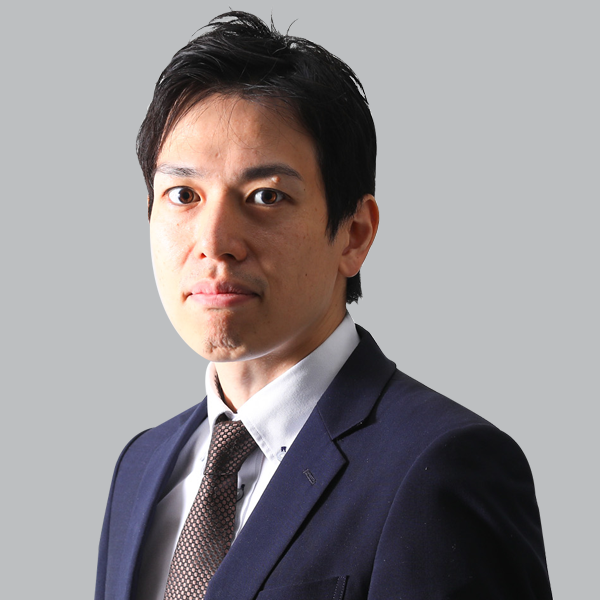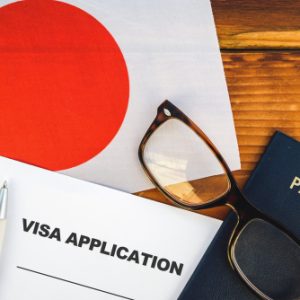Sample Cases of Accepted and Not Accepted Offices in Japan
January 24, 2020
Question:
Please tell me examples of instances where an office is considered “secured” and when it is not.
Answer:
The “Clarification of residency criteria for non-Japanese managers” released by the Immigration Bureau gives examples of such instances.
Explanation:
The “Clarification of residency criteria for non-Japanese managers” was released by the Immigration Bureau of the Ministry of Justice in August 2005. The said document gives clarification on some of the Business Manager residency status criteria through examples. However, take note that each application is treated independent of other applications and the Immigration Bureau’s decision on whether to approve or deny their application is left to their discretion. The following content merely serves as a point of reference.
Instances where an office is considered “secured”
Case 1: A space functioning as both residence and the office for a restaurant
Person A has applied for a Business Manager visa to be able to operate their own restaurant business in Japan. Although the purpose indicated the lease contract pertaining to the property to be used as the office was “for residential purposes”, A was able to secure special contract between A and the property owner allowing the use of the leased property to be used as a “company office”. This was judged as sufficiently meeting the “secure office” criteria.
Case 2: A leased property to be used as a branch office
Person B will operate a business engaged in the import, export, processing, and sale of marine products in Japan. While applying for Certificate of Eligibility for the Business Manager visa, although the head office was the home of one of the officers, because B had rented a separate property that was owned by the Chamber of Commerce to be used as a branch office, this was judged as sufficiently meeting the “secure office” criteria.
Case 3: The company and its office occupy the same property but the entrances are different
Person C will incorporate and operate a business engaged in sales in Japan. During C’s application for a Certificate of Eligibility for the Business Manager visa, the leased property is used both as the company’s office and residence, but the entrances for the two areas are different. The entrance for the office is clearly marked with signage that shows the company’s name. Furthermore, the office already has the equipment and facilities for operating the business, such as a telephone, office desk, and a copier machine, proving that business does indeed take place in that office. This was judged as sufficiently meeting the “secure office” criteria.
Instances where an office is not considered “secured”
Instance 1-a: A property being used both for residential and business purposes has no clear division between the two areas
Person D has applied for a Application for Extension of Period of Stay for the Business Manager visa to put up their own yugen gaisha. However, upon examination of D’s office, it was thought to be D’s residence, as there was no clear signage for the company’s entrance or mailbox. No facilities or equipment necessary for business operation were found, nor were there documentation of any employee’s payroll or attendance record, and the “office” only had supplies for “daily use”. The application was denied as a result.
Instance 1-b: A property being used both for residential and business purposes has no clear division between the two areas
Person E is applying for their Certificate of Eligibility for a Business Manager visa to operate as a distributor in Japan. Upon examination of the provided documents, the declared office was considered to be a residence, and an inspection showed that the two-storied apartment had no clear company signage at the entrance or mailbox. In addition, no office equipment was installed in the space, and only equipment for general daily life such as furniture was available. As a result, E did not meet the criteria of having “secured an office” and E’s application was denied.
Instance 2: The case where the office is under the name of an employee’s residence but does not exist
Person F is applying for a Change of Status of Residence to a Business Manager visa to operate a design company yugen gaisha in Japan. However, the office is named under an employee, rather than the company or a manager, and the said employee uses the space as a residence. The utilities are also named under the same employee. Furthermore, no approval from the lessor regarding the use of the property outside residential purposes could be confirmed. As a result, F did not meet the criteria of having “secured an office” and F’s application was denied.
Treatment of Incubation Offices
In the case where an “incubator” ― a group or organization that provides advice as well as serves as a bridge between ventures and necessary business services, such as the Japan External Trade Organization (JETRO) or the Invest Japan Business Support Center (IBSC) ― is providing support for the business, the temporary offices (or addresses) they provide for start-ups can be accepted as a “secured office” for the Business Manager application.
As such, if it is difficult to meet the “secured office” requirement through virtual offices, shared working spaces, and short-term lease spaces, the use of a incubation office as shown in the example above may make it possible to meet the office requirement.
Contact Us






